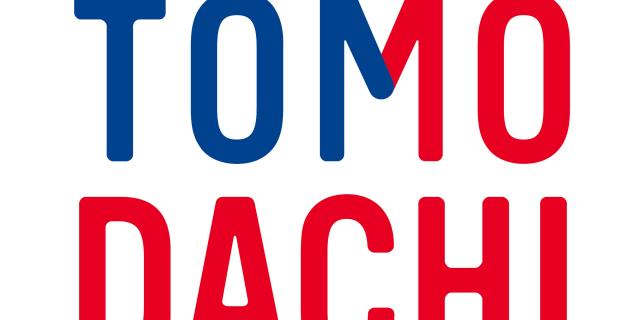American Councils for International Education and the US-Japan Council today announced the launch of the TOMODACHI US-Japan Youth Exchange Program. Developed and implemented by American Councils, the exchange program promotes cultural awareness and sensitivity among Japanese and American high school students by focusing on service learning and social entrepreneurship as the primary themes for the study tour. After living and studying in their host countries, both the American and Japanese students will be required to design a service project with the goal of improving the lives of residents of Tohoku, Japan who are still recovering from the earthquake there that created US$235 Billion in damages and loss.
Dr. Dan E. Davidson, President of American Councils notes, "This program introduces young people in the US and Japan to the challenges that each country has endured due to natural disasters and to how our communities respond to those events. Exchange opportunities instill mutual understanding and empathy in our youth, strengthening bonds of cooperation and friendship between the US and Japan."'
Program participants will include six Washington, D.C. public high school students and an accompanying teacher, as well as an equal number of students and a teacher from Tokyo, Japan. Japanese students will travel to Washington, D.C. for three weeks during July and August, 2013 to live with American host families and visit local high schools. While in Washington, they will meet with social and business entrepreneurs, as well as a variety of organizations that focus on social issues. These meetings will be designed to provide participants with the knowledge and skills they need to develop their own service project, as well as to match them up with experienced mentors from partner organizations. Emphasis will be placed on significantly increasing participants' cross-cultural understanding, self-esteem, empathy, tolerance, entrepreneurial spirit and leadership skills.
In Japan, American students will participate in similar activities, learning about Japanese culture and civic engagement models as well as participating in a variety of local service projects. These students will also share their perspectives on how community service and social safety nets are implemented in their communities in the United States with their Japanese hosts.
TOMODACHI means "friend" in Japanese. The TOMODACHI initiative seeks to foster a "TOMODACHI generation" of young American and Japanese leaders who are committed to and engaged in strengthening US-Japan relations, appreciate each other's countries and cultures, and possess the global skills and mindsets needed to contribute to and thrive in a more cooperative, prosperous, and secure world.
The Akira Foundation, which fosters Japanese social entrepreneurship and problem-solving through education, will be the local partner providing infrastructure, program development, and managerial support in Japan. Globalize DC, a Washington, D.C.-based nonprofit organization with extensive experience working in international education and exchange programs, will serve as the local partner for US student recruitment, selection, preparation, and follow-on programming. California-based The World We Want Foundation will provide a social action framework called "Problem-Solution-Impact and Story," which will allow both US and Japanese students to report on their social projects and gauge their impact.
This program is funded by TOMODACHI's Fund for Exchanges through generous contributions from Toyota Motor Corporation, Mitsubishi Corporation, and Hitachi, Ltd. The TOMODACHI Initiative is a public-private partnership, born out of support for Japan's recovery from the Great East Japan Earthquake, that invests in the next generation of Japanese and American leaders through educational and cultural exchanges as well as entrepreneurship and leadership programs.

